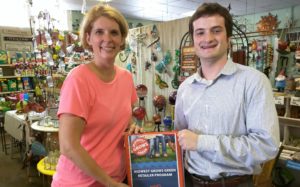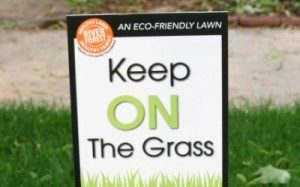Bring Midwest Grows Green into your Community
We designed MGG to reduce the amount of synthetic herbicides, insecticides and fertilizers used by communities through sharing actionable natural lawn care information. Lawn and gardening chemicals can harm people, pets, wildlife and waterways. By presenting safer alternative practices and products, Midwest Grows Green aims to reduce the use and harmful effects of outdoor pesticides. Learn more about our three sustainable landscaping programs below and reach out to MGG’s leader Ryan Anderson at randerson@ipminstitute.org to bring this innovative program to your community!

Point-of-Purchase Program
This partnership with local retailers connects homeowners to eco-friendly products at the point-of-purchase to empower them to reduce their use of harmful pesticides. Learn More

Pesticide-Free Parks
Bring a pesticide-free park to your community to protect the environment and create safer places for people and pets to play. Learn More

Community Engagement
MGG can help you engage your community on natural lawn care practices to keep your yards beautiful without the use of harmful pesticides. Learn More
Start a Campaign to Promote Sustainable Lawn and Landscape Care in Your Community
We’ve created the Activist’s Toolkit, with support from Patagonia, an easy-to-use resource to help inspire you, the local activist, to catalyze change in your own community. The guide covers many of the basic tools for building a campaign that can influence decision makers, generate media coverage, and reach out to community members through social media. Help your community minimize the harmful environmental effects of conventional lawncare:
- Nationwide, turf grass is estimated to cover over 40 million acres, an area three times larger than the amount dedicated to corn.
- Conventionally maintained lawns and landscapes use many of our precious resources, as large amounts of synthetic fertilizers, pesticides, and water are necessary for maintenance.
- These practices degrade local waterways, pollute the air, harm pets and wildlife, contribute to climate change, and threaten human health.

